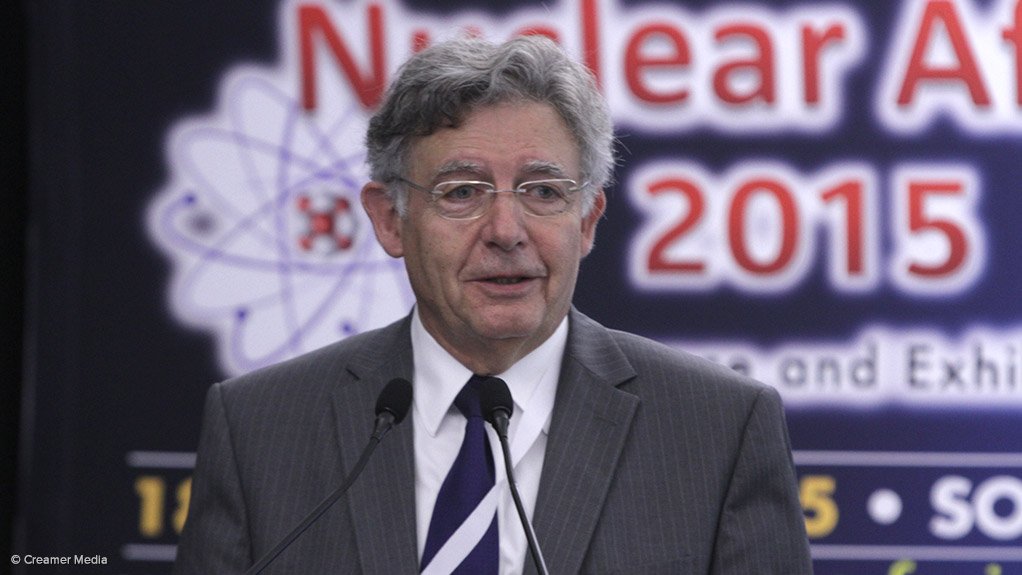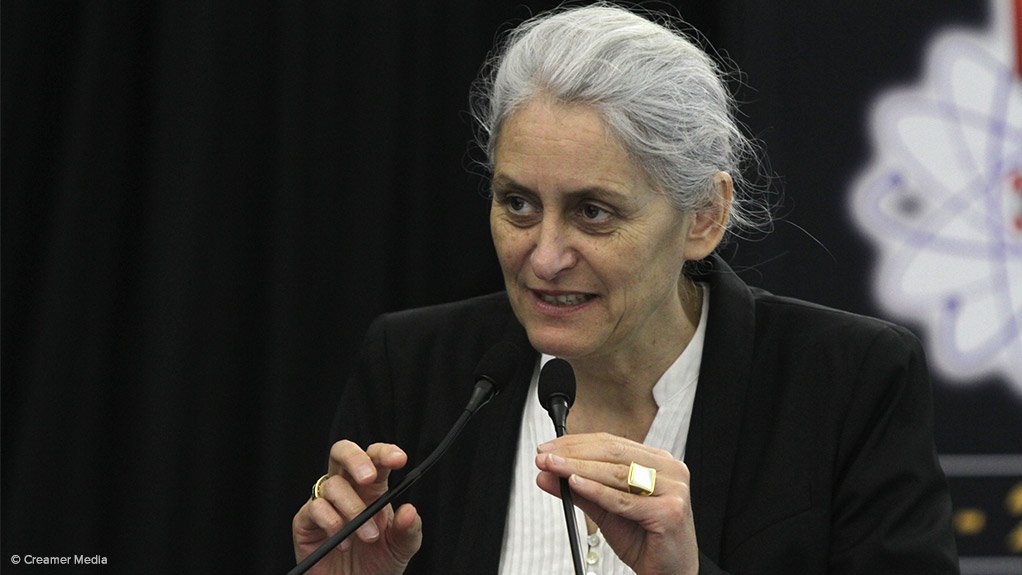Public opinion is an essential element in any nuclear programme. This was highlighted by World Nuclear Association chairperson Jean-Jacques Gautrot on Wednesday.
"Public acceptance is essential to develop the environment in which nuclear development can take place," he affirmed. "When the debate is rational, the case for nuclear is strong. We need [for example] to explain what we are going to do with the spent fuel."
Originally, nuclear power was viewed with great enthusiasm, as providing cheap and secure power. But, following the Three Mile Island (in the US) and especially the Chernobyl (in Ukraine, then in the USSR) accidents, this changed. "Public opinion has drastically changed since the 1960s to now," he pointed out. "The public is requesting more and more transparency and the nuclear industry needs to prepare to communicate with the public."
French electricity utility EDF VP: New Nuclear Project Development Valerie Levkov agreed. "Public awareness is more and more an issue, with new media. Communication with local media and neighbours is important during the construction phase." It is necessary to be honest and transparent.
However, the good news for nuclear is that global public opinion on nuclear energy is now back at the same level it was in 2005, noted Gautrot. In other words, it has recovered from the drop experienced immediately after the Fukushima accident in Japan four years ago.
"Nuclear is a competitive and reliable supply of base load electricity," he stated. "It is affordable and has predictable costs. It has low greenhouse gas emission across the entire fuel cycle. But you must have a safety culture at all levels and must have acceptance by the public."
Gautrot also pointed out that economically exploitable uranium resources have been slowly increasing since 2001. "We have uranium for at least this century," he said.
"Building an operating a nuclear power plant is challenging, requiring a commitment to excellence," stressed Levkov. "It is a public opinion challenge, a skills development challenge. A safety challenge."
"The world population needs electricity, to power our high-tech economies, to give us all good standards of living; we need clean energy to protect the environment," highlighted Gautrot. "More than one billion people today are living without electricity. [As the global population rises] electricity growth will continue for decades."
Gautrot and Levkov were both addressing the Nuclear Africa 2015 conference.
EMAIL THIS ARTICLE SAVE THIS ARTICLE
To subscribe email subscriptions@creamermedia.co.za or click here
To advertise email advertising@creamermedia.co.za or click here













